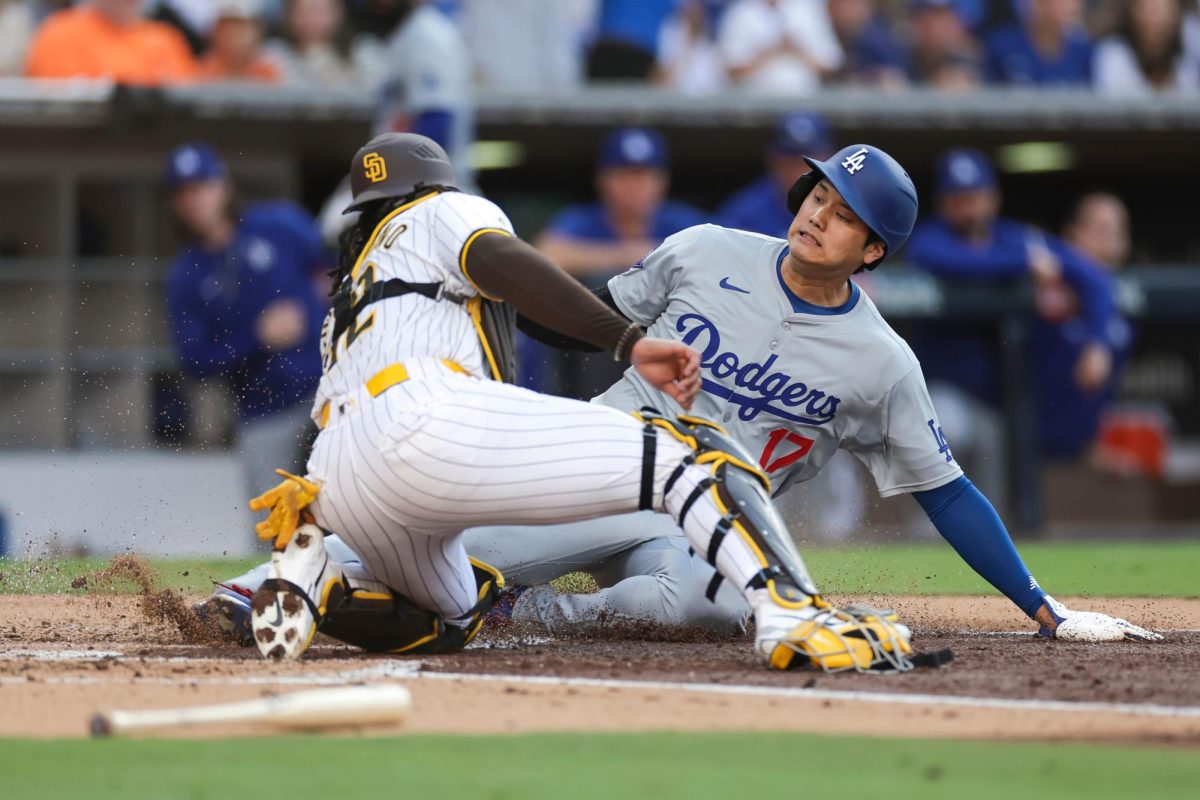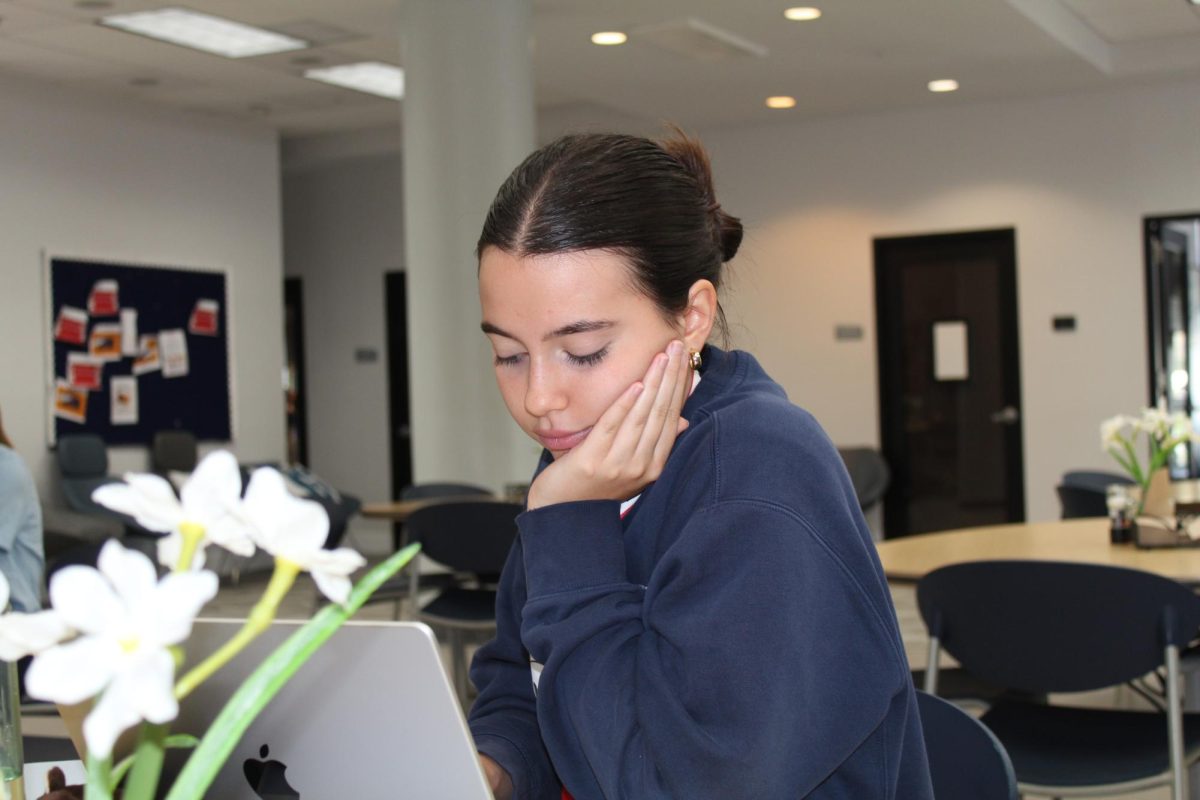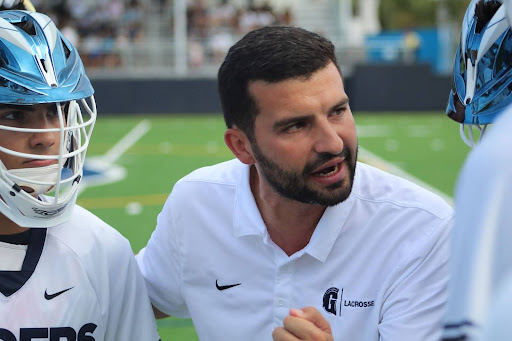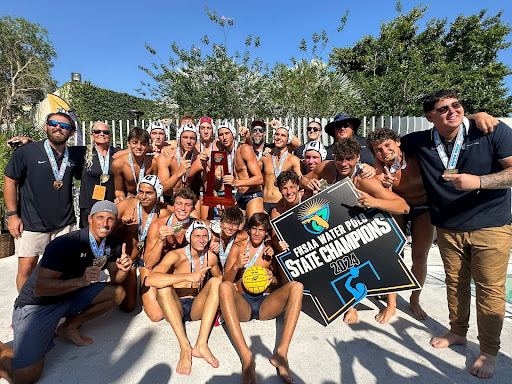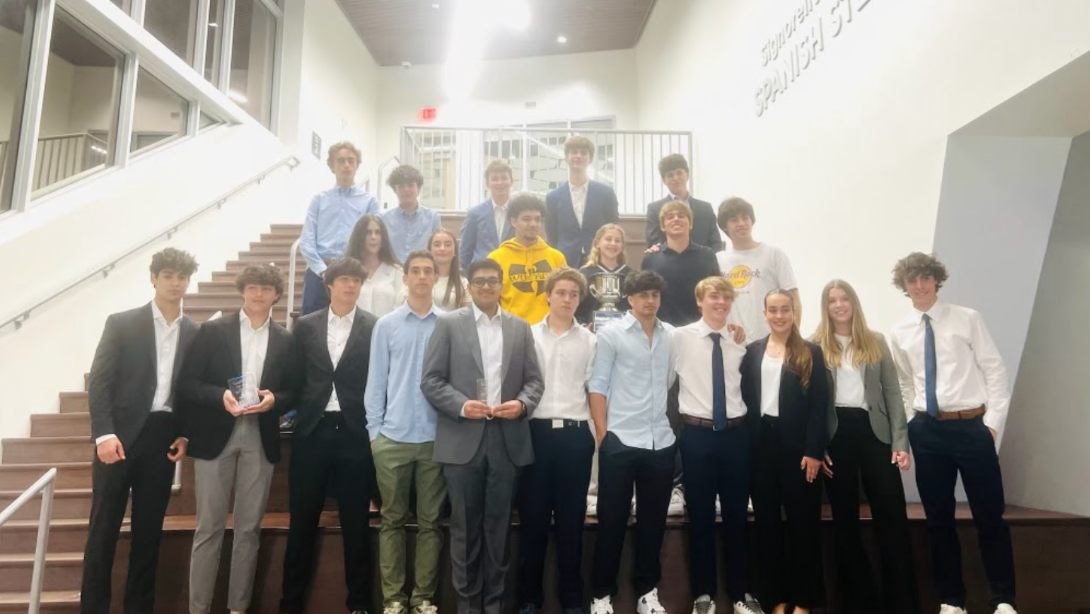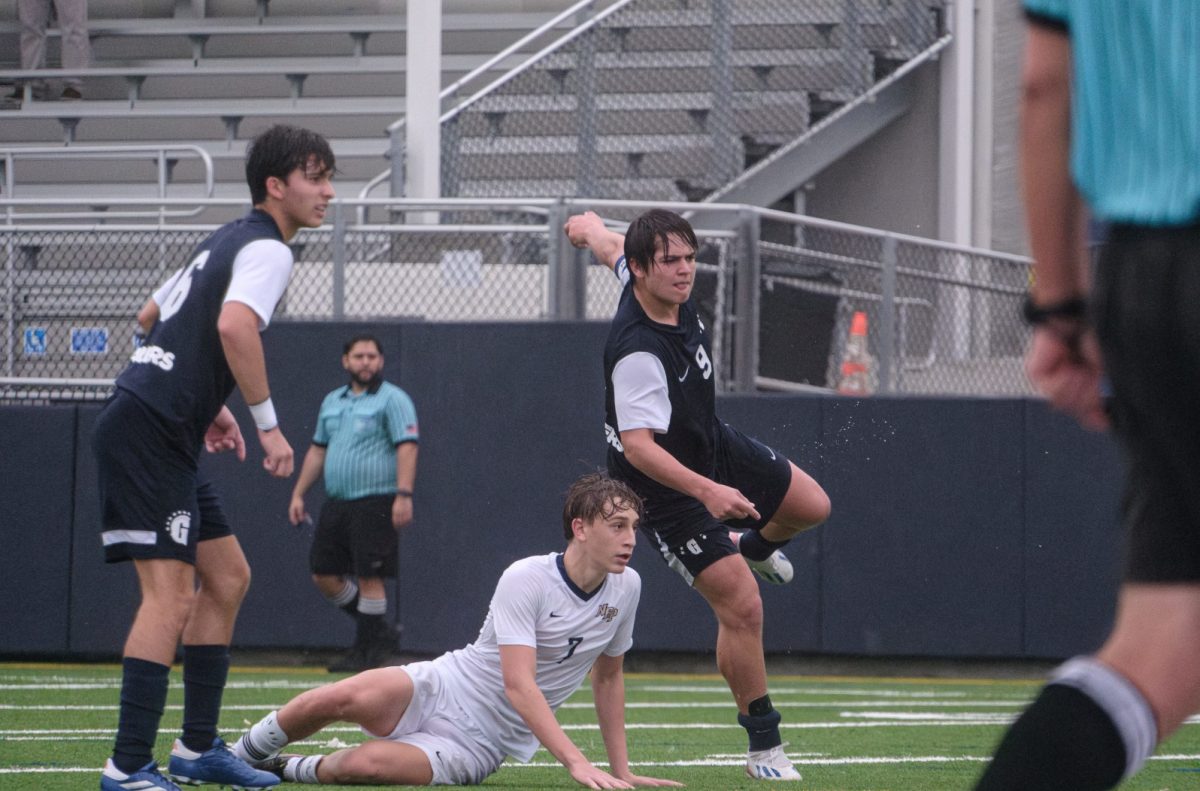Starting the college application process early—during freshman and sophomore year—can make the journey less overwhelming and more rewarding for students. According to the Upper School’s college counseling team, a standout college applicant is built on academic commitment and meaningful extracurricular involvement.
“Colleges value students who challenge themselves at schools and contribute to their communities in a positive way,” Upper School Director of College Counseling Bernadette Condesso said. “Taking difficult courses—more importantly, excelling in them—demonstrates to admissions officers that a student is engaged and prepared to do well academically in college; also, consistently doing extracurriculars proves to the admissions officers that the student has a sense of purpose.”
Condesso stressed that extracurriculars can help students discover their interests and provide rich material for supplemental essays.
“There’s no right or wrong club,” she said. “The important thing is that students pursue something meaningful to them.”
Upper School College Counselor Jacqueline Horowitz similarly believed this, but rather emphasized that the quality of an activity outweighs the quantity of extracurriculars that a student does.
“You don’t have to join dozens of clubs; instead, focus on doing a few activities really well, rather than spreading yourself too thin,” Horowitz said. “This way, students can solidify their leadership skills and that they’re making a tangible community service impact more clearly.”
A common misconception is that elite universities expect applicants to create a nonprofit to stand out, but this is disproven.
“You don’t have to create something new,” Condesso clarified. “It’s sometimes better to join an existing initiative and improve upon it while also taking on lead roles.”
Visiting college campuses can be a transformative step in this planning process, helping students refine their preferences and make more informed decisions about the next phase of their education.
“I’ve seen students change their minds after visiting schools,” Horowitz said. “One of my students thought they wanted a big state school but realized they’d feel more comfortable in a smaller learning environment after visiting multiple smaller universities.”
Building a relationship with college counselors early can also make all the difference.
“Come see us early on so we can understand your interests and goals,” Horowitz said. “The college process comes very quickly in senior year, and we do a lot to help you get ahead of it.”
Already taking such steps, sophomore Luiza Padoveze Goncalves recently met with college counselor Gina Pelaez. So far, Goncalves has joined a select few organizations and clubs that best suit her interests—including Model United Nations (UN) and the environmental club. With this extracurricular starter, Goncalvez is building a well-rounded profile that will both strengthen her college applications and bring additional clarity pertaining to personal and academic goals for the future. By preparing early on—like Goncalves has—other underclassmen set themselves up for a smoother journey in applying to college.


